
Günther Grabner is the program director of the bachelor's degree program "Medical Engineering" and head of the master's degree program "Medical Engineering & Analytics*" at the Carinthia University of Applied Sciences. He started his career in Australia at the Centre for Magnetic Resonance at the University of Queensland, Brisbane. After his stay in Australia, he went to Canada where he worked at the McConnell Brain Imaging Centre at McGill University in Montreal. His work involved the development of a group-specific brain model in cooperation with the University of Oxford (Oxford Project to Investigate Memory and Ageing). In 2006, Günther Grabner started at the Medical University of Vienna where he has made significant contributions to research in MR methodology, especially in the field of image processing by aligning high-resolution post-mortem UHF-MRI and histology data. Parallel to his work in Vienna, he finished his PhD at the Donders Institute for Brain, Cognition and Behaviour at the Radboud University in Nijmegen, Netherlands. After five years in Vienna, Günther Grabner started in 2011 at the Carinthia University of Applied Sciences. His passion lies in improving medical imaging and image analyses, as in his opinion, every biopsy is a failure in imaging. His contributions are published in >30 peer-reviewed papers in international journals. Several national and international projects of Günther Grabner provide interesting possibilities for participating students.
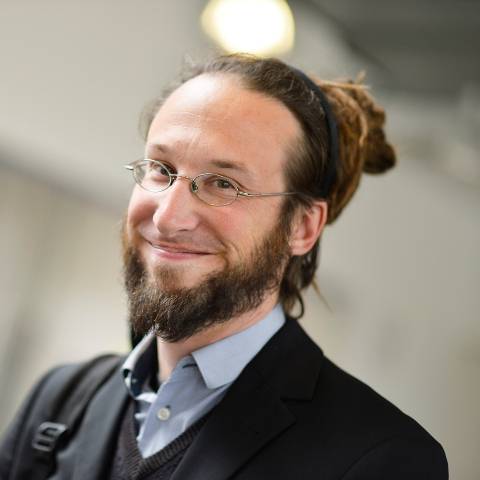
Johannes Oberzaucher is a professor of Active and Assistive Living (AAL) at the Carinthia University for Applied Sciences. He holds a master's degree in biomedical engineering and a PhD degree focused on assistive technologies. Johannes Oberzaucher is the head of the CUAS IARA Department “Health and Assistive Technologies” and is part of the Austrian „Research Group for Assisted Living Technologies“ (raltec). From a technological perspective, his main expertise is located in the implementation of rehabilitation devices and AAL technologies. From a socio-technological perspective, he has experience in the field of UX (user experience) and acceptance analysis as well as socio-technological study planning and implementation. Johannes Oberzaucher's special interests include smart sensors, sensor fusion, data mining, HCI/HRI and AAL environments.
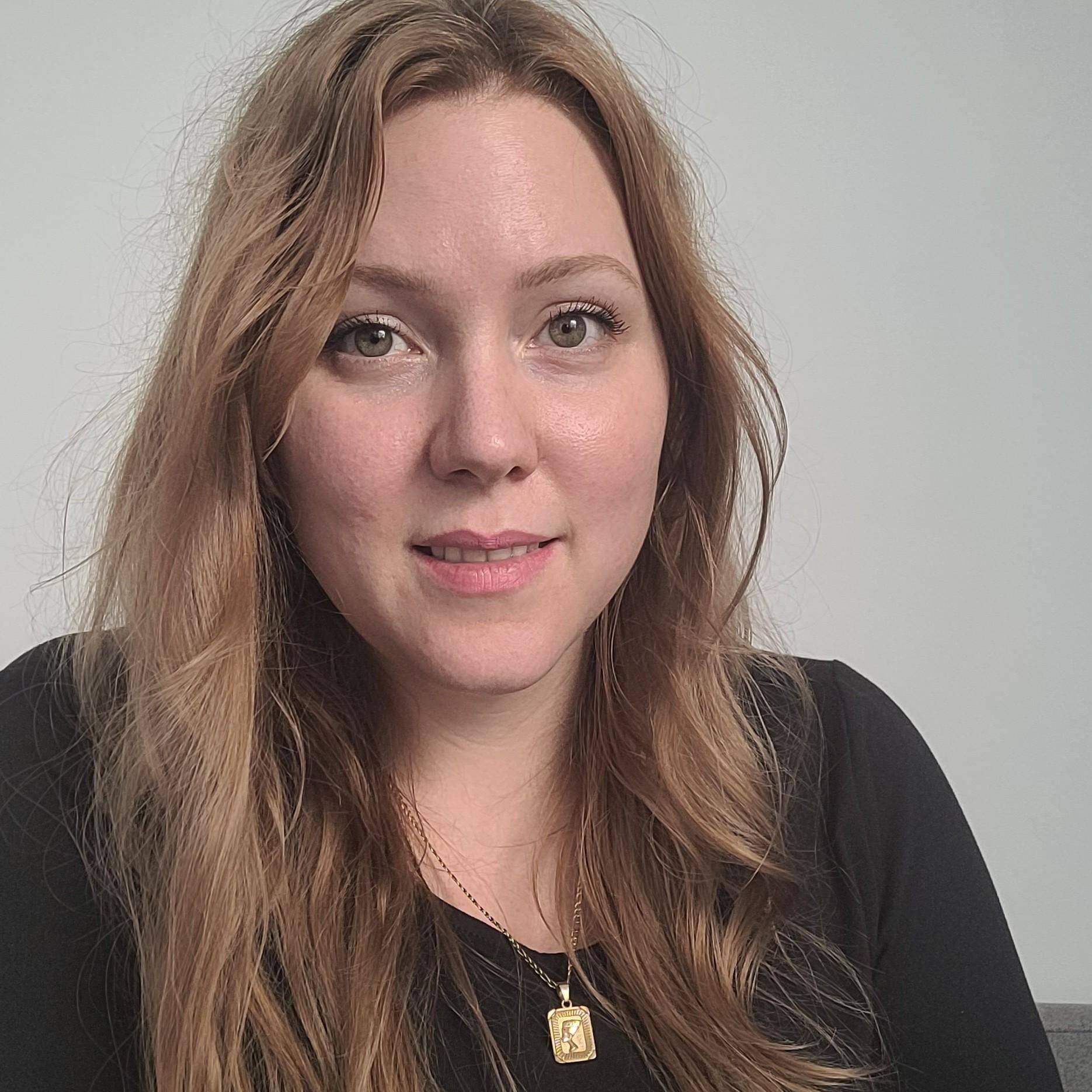
Daniela Elisabeth Ströckl is a lecturer and researcher in the field of medical informatics and digitization in healthcare and has been anchored in the medical technology program since 2015. She holds a PhD degree in Computer Science and deals with barrier-free / low-barrier software solutions to support people in the best possible way. Daniela Ströckl's focus is mainly on the conceptual design of digital solutions in the human-centred, model-centred, or mixed-method domain as well as user experience and especially user behaviour (change). The personal interest in the factor "joy of use" especially in health prevention leads to different project ideas in the field of digital gamification in healthcare. Furthermore, Daniela Ströckl deals with the nexus of digitalization - health - climate change and its interactions, especially in the spectrum of mental health.
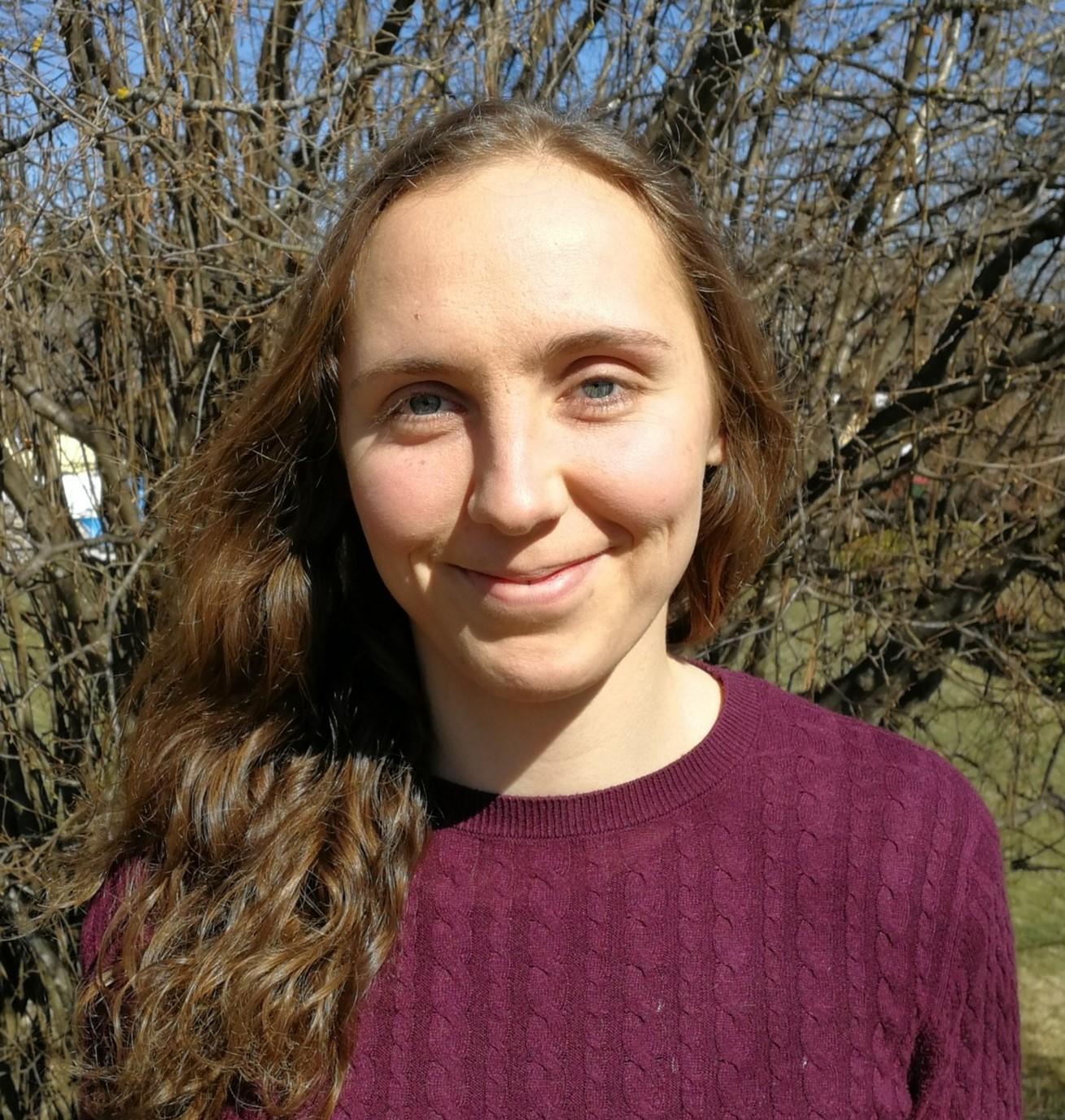
Beata Bachrata is a lecturer and lab engineer for Medical Engineering at the CUAS. She holds a master's degree in Biomedical Engineering and a PhD in Medical Physics. Her passion lies in improving medical imaging techniques. She has expertise in MR physics, image reconstruction and processing, and the development of new methods in general. During her PhD at the Medical University of Vienna, she developed a novel MR sequence for fat-water imaging and employed a super-resolution reconstruction for rapid Quantitative Susceptibility Mapping. Beata is currently involved in several projects, includingthe evaluation of CT arthrography, SWI enhancement, real-time MRI shimming using AI, and last but not least, advancing fetal MR imaging.
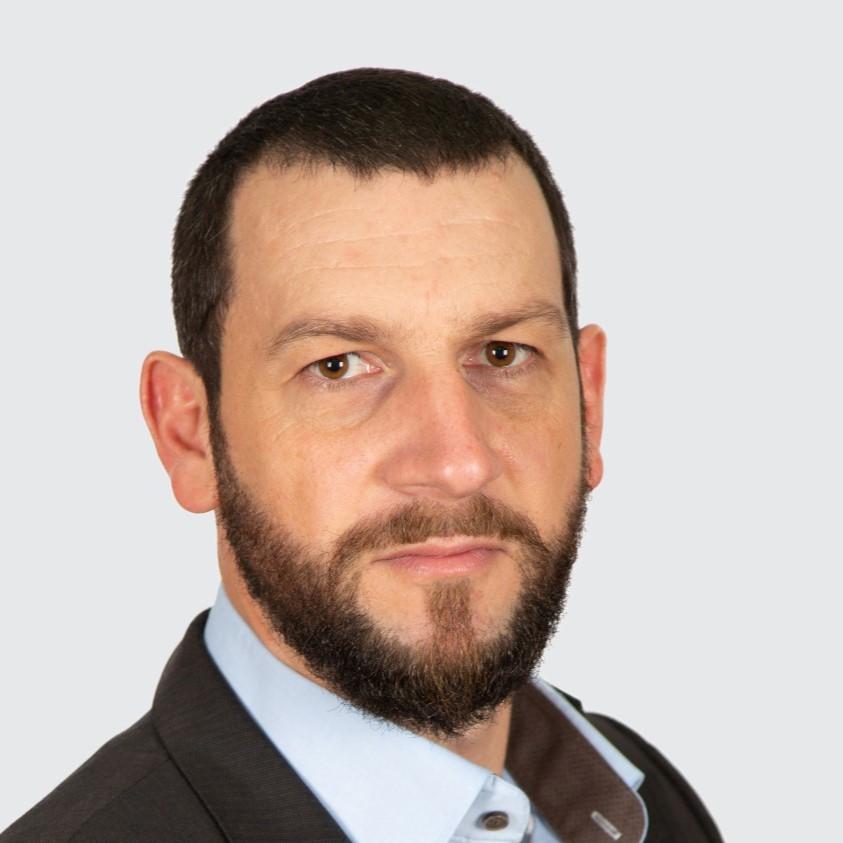
Christoph Voutsinas is a senior researcher and lecturer in Medical Engineering and Analytics, with a background that combines technical physics and healthcare IT—he holds master’s degrees from Vienna Technical University and Carinthia University of Applied Sciences in these fields. His research focuses on using deep learning techniques to analyze electrical signals from heart cells (cardiomyocytes). These signals are recorded using multi-electrode array devices, and Christoph develops deep learning models that help classify and predict patterns in this data—work that supports a better understanding of how the heart functions at the cellular level. He's also interested in how Large Language Models—like the ones behind today’s chatbots—can help extract insights from both structured and unstructured healthcare data. At the core of his work is a commitment to combining engineering, data science, and medicine in practical ways that can improve healthcare technologies. Alongside his research, Christoph shares his knowledge with students through teaching and collaboration.
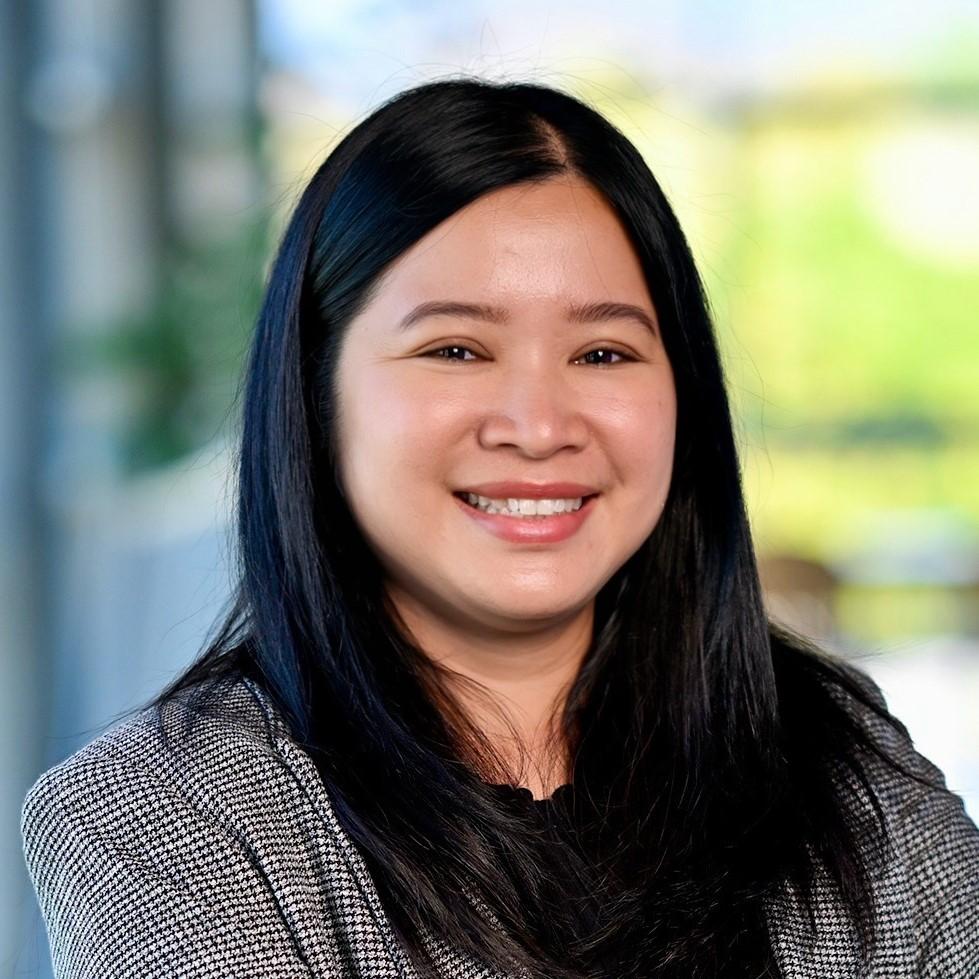
Sutatip Pittayapong is a lecturer in the master's Medical Engineering program, where she teaches Data Analytics and Deep Learning with a focus on real-world applications in healthcare. Sutatip holds two master’s degrees, one in Computer Science and another in Healthcare IT. Before joining academia, she gained several years of experience in the technology industry, working on data-driven solutions and AI applications. Currently, she pursuing a Ph.D. through a joint program between Carinthia University of Applied Sciences and the Medical University of Vienna. Her research focuses on the intersection of deep learning and medical imaging, with her current work involving the development of models to predict histological images from MR images, contributing to earlier and more accurate disease diagnosis. She is interested in bridging technology and medicine, and hopes to encourage students to explore how artificial intelligence can contribute to improvements in healthcare.

Florian Fischmeister is the head of the Neuroimaging Lab at the Institute of Psychology at the University of Graz. As a Psychologist, he is holding a PhD in Cognitive Neuroscience with a specialization in psychophysiology, neuroimaging, and data science in particular. At the moment, he is the PI of several projects funded by the Austrian Science Fund, the European ERA-Net Co-fund scheme, and private organizations. In this role, he is also affiliated with the DINLab at the Department of Biomedical Imaging and Image-guided Therapy at the Medical University of Vienna. His research topics include neuroplasticity and treatment-related effects in chemosensory perception and resting states in particular. Throughout the last few years, Florian Fischmeister focused more on applying multimodal data registration and analysis methods to various scientific problems within the domain of clinical, social, and cognitive neuroscience. Within this endeavour, he tries to leverage chemosensory perception as the basis to understand social and cognitive processes associated with olfaction in particular. Recently, he got interested in the gut-brain axis and started to work on longitudinal behavioural, functional, and structural brain changes induced by probiotic and symbiotic intervention and their influence on sensory processes, human cognition, and the resting brain. As an active advocate of Open Science, Florian Fischmeister tries to follow the Responsible Research & Innovation principles and the FAIR principle in his studies.
